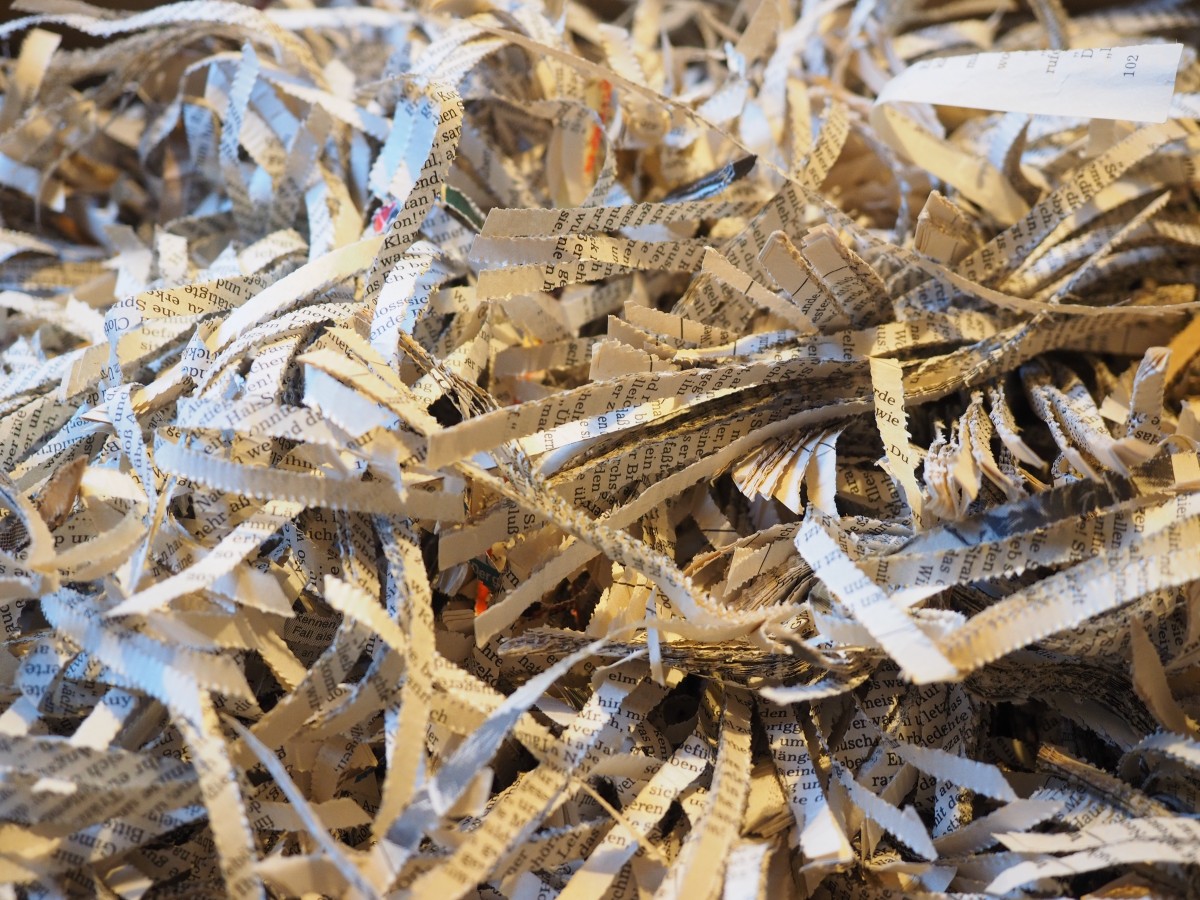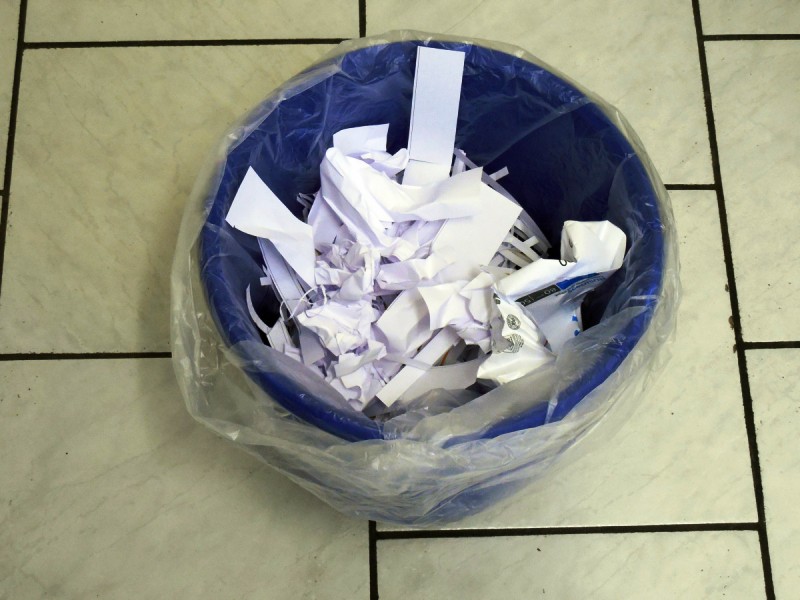In the ever-evolving landscape of environmental consciousness, the journey of paper recycling stands as a beacon of sustainability. This exploration delves into the intricate process of recycling paper and its profound impact on our environment.
Harvesting the Source: Paper Collection and Sorting
Community Engagement
The first step in the sustainable circle is the collection of paper from various sources. Community engagement plays a pivotal role in this process, as individuals and businesses contribute to the recycling stream by separating paper waste from other materials. This grassroots effort sets the stage for an environmentally conscious journey.
Sorting for Success
Once collected, the paper undergoes a meticulous sorting process. This step ensures that different types of paper, such as newspapers, magazines, and cardboard, are separated. The sorting not only streamlines the recycling process but also enhances the quality of the recycled paper produced.
Breaking it Down: Paper Pulping

Mechanical or Chemical?
The sorted paper then enters the pulping phase, where it is transformed into a pulp mixture. Mechanical pulping involves breaking down the paper through grinding and refining, while chemical pulping utilizes chemicals to dissolve the lignin, a natural binder in paper. Both methods have their merits, and the choice depends on the desired end product.
From Pulp to Paper
The pulped mixture is then cleaned and refined to remove any impurities. It is spread onto screens to form sheets of paper. The drying process completes this phase, resulting in recycled paper ready for the next chapter of its sustainable journey.
Reinventing the Wheel: Paper Manufacturing
Eco-Friendly Practices
Manufacturing recycled paper embraces eco-friendly practices. Using recycled paper as raw material reduces the demand for fresh wood pulp, conserving forests and preserving biodiversity. Additionally, the energy and water consumption in manufacturing recycled paper are significantly lower compared to producing paper from virgin fibers.
Quality and Diversity
Contrary to misconceptions, recycled paper isn’t inferior in quality. Technological advancements ensure that recycled paper maintains high standards. From office papers to packaging materials, the versatility of recycled paper showcases its adaptability across various applications.
The Green Transition: Environmental Impact
Forest Conservation
One of the most substantial contributions of paper recycling is the conservation of forests. By reducing the demand for virgin wood pulp, we alleviate the pressure on global forest ecosystems, fostering biodiversity and mitigating deforestation.
Energy Savings
The energy savings in recycling paper are noteworthy. Compared to the energy-intensive process of extracting and refining virgin wood pulp, recycling paper consumes significantly less energy. This reduction in energy usage translates to lower greenhouse gas emissions, contributing to a greener and more sustainable planet.
Closing the Loop: Encouraging a Circular Economy
The Essence of Circular Economy
Paper recycling epitomizes the concept of a circular economy. Instead of following a linear model of extraction, use, and disposal, a circular economy emphasizes the continual use and recycling of materials. The recycled paper becomes a valuable resource in a closed loop, minimizing waste and maximizing sustainability.
Consumer Participation
As consumers, our choices wield influence in closing the loop of a circular economy. Opting for products made from recycled paper and actively participating in recycling programs amplify the impact of the sustainable circle. Every recycled paper product purchased contributes to a more environmentally conscious future.
Nurturing Sustainability
In the tapestry of environmental stewardship, paper recycling emerges as a thread weaving through the fabric of sustainability. From collection to manufacturing and the positive environmental impact, the journey of recycled paper reflects a commitment to nurturing our planet.
Closing Notes
As we navigate the path toward a more sustainable future, the role of paper recycling becomes increasingly pivotal. Share your thoughts or experiences with paper recycling in the comments below, fostering a community dedicated to embracing and championing eco-friendly practices.

